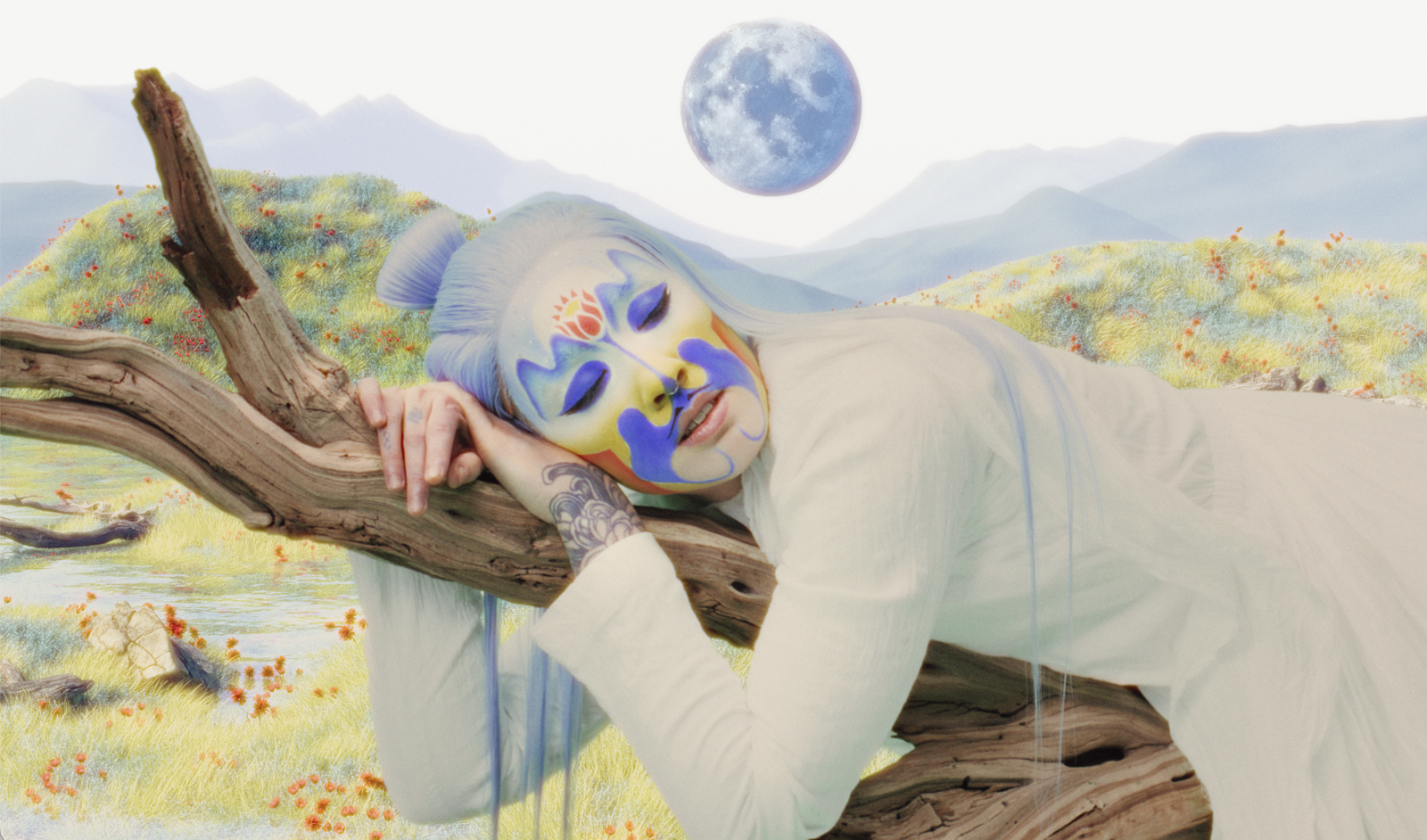March 29–June 9, 2024
3 Park Dräi Eechelen
L-1499 Luxembourg
Luxembourg
Hours: Tuesday–Sunday 10am–6pm,
Wednesday 10am–9pm
T +352 45 37 85 1
info@mudam.com
Underground Histories designates a thread that connects three presentations at Mudam this spring. Workers in Song, a performance by Billy Bultheel & James Richards, meets two new acquisitions for the Mudam Collection: Lawrence Abu Hamdan’s painterly large-scale installation Air Conditioning and Sin Wai Kin’s moving image portraits using drag as a medium. All works, in a variety of media, are linked by a sense of reimagining familiar art historical signifiers with underground sensibility. They question and dig deep into the history of art and culture, while reflecting on our present moment. They rewrite history and approach culture from a variety of angles.
Billy Bultheel and James Richards. Workers in Song
March 29–June 9, 2024
March 28: Live performance
Part film programme, part chamber music concert, Workers in Song is a performance by composer Billy Bultheel and visual artist James Richard delivered between strobing, almost hallucinogenic screens. A choreography made of live music, projections and movements takes the audience through an extravaganza of sounds and images. Tony Conrad’s Yellow Movie, from the Mudam Collection meets renditions of “Der Leiermann” from Franz Schubert’s song cycle Winterreise, combined with underground films, texts of bygone eras, fanship and poetry. Conceived as a modular structure, Workers in Song operates as an evolving organism changing upon each iteration, combining romantic string and flute interludes; brutalist interiors and nocturnal landscapes; breathy pop recitations and avant-garde classics.
Workers in Song is co-commissioned by WIELS Centre for Contemporary Art, Batalha Centro de Cinema, Mudam Luxembourg – Musée d’Art Moderne Grand-Duc Jean and KW Institute for Contemporary Art.
Curators: Joel Valabrega with Clémentine Proby, assisted by Nathalie Lesure
Sin Wai Kin. Portraits
March 29–June 9, 2024
With Portraits, artist Sin Wai Kin (b. 1991, Toronto) continues their exploration of storytelling to question binaries and fantasy narratives, interrupting normative processes of desire, identification and objectification. Science fiction by authors Ursula K. Le Guin and Octavia Butler, among others, formed a basis of Sin’s research. Each of the five moving-image portraits references an iconic historical artwork, including Man Ray’s Kiki with African Mask; Caravaggio’s Narcissus; Frida Kahlo’s Self-Portrait with Cropped Hair; Leonardo da Vinci’s Mona Lisa and Lù Zhì’s Dreaming Of A Butterfly. Unfolding in an immersive setting, Portraits expands the lineage of painting and traditional Cantonese opera to offer new, alternative portraits of our times.
Sin Wai Kin is the recipient of the 24th Baloise Art Prize. Founded in 1999, the prize is awarded annually at Art Basel and supports young artists. A part of the award is reserved to acquire and donate works to Mudam Luxembourg, one of their partner institutions.
Curators: Marie-Noëlle Farcy, assisted by Carlotta Pierleoni
Lawrence Abu Hamdan. Air Conditioning
March 29–June 9, 2024
March 28: Artist talk
Through his reflective practice, at the intersection of political, legal and social spheres, Lawrence Abu Hamdan (b. 1985, Amman) questions the use of sound and its presence in individual and collective memory. Air Conditioning is a monumental work spanning over 54 meters and appears in painterly backdrops of smoke clouds that conceal the violence behind its data. It is comprised of fifteen photographic panels, produced using specialised animation software and an explanatory video on loop. Abu Hamdan, a self-described “Private Ear,” carried out extensive research and information collection as he examined the open-source data on the United Nations Digital Library, and mapped the instance of surveillance and violation of Lebanese airspace by Israeli military aircrafts from 2007 to 2021. With Air Conditioning, Abu Hamdan captures the effects of a systematic exposure to omnipresent noise pollution, and the trauma it can cause, constituting what he calls “atmospheric violence.”
Curator: Vanessa Lecomte



